Publications
Articles, publications, books, tools and multimedia features from the U.S. Institute of Peace provide the latest news, analysis, research findings, practitioner guides and reports, all related to the conflict zones and issues that are at the center of the Institute’s work to prevent and reduce violent conflict.
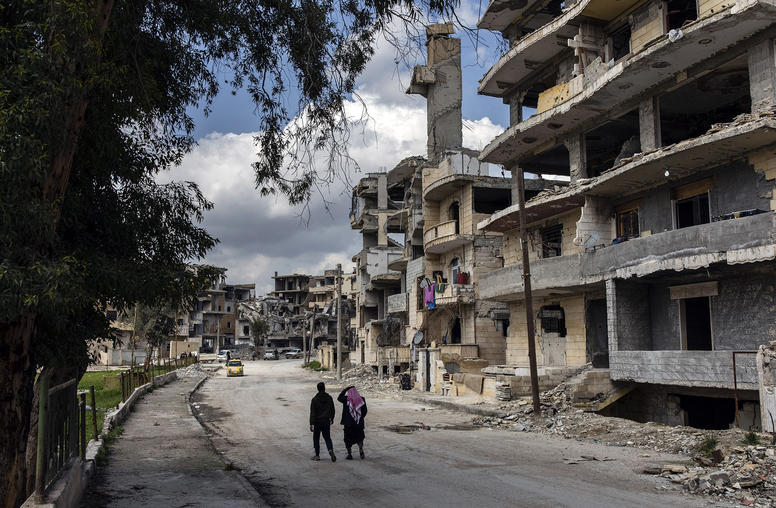
Rethinking Transnational Terrorism: An Integrated Approach
The 2011 civil war in Syria attracted thousands of fighters from at least seventy countries to join the Islamic State. Al-Shabaab carried out large-scale attacks on civilian targets in Uganda and Kenya as retribution for the deployment of peacekeeping forces in Somalia. In this report, Martha Crenshaw considers the extent to which civil war and foreign military intervention function as a rationale for transnational terrorism, and how understanding the connections between terrorism, civil war, and weak governance can help the United States and its allies mount an appropriate response.

Scott Worden on Afghan Elections and the Peace Process
Amid news of an interim U.S.-Taliban deal, Afghanistan’s election commission announced President Ashraf Ghani has won reelection—a result his opponent has openly rejected. USIP’s Scott Worden warns this kind of political infighting weakens the government’s negotiating position ahead of possible intra-Afghan talks, saying “the Taliban profit from political chaos.”
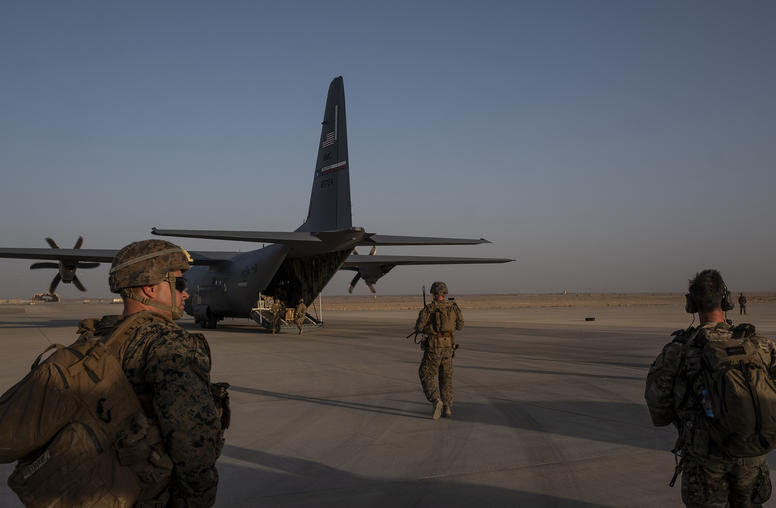
U.S.-Taliban Deal: The Beginning of the End of America’s Longest War?
American officials announced on Friday that the United States and the Taliban agreed to a seven-day “reduction of violence” that, if adhered to, would be followed by a signed agreement. The deal would pave the way for intra-Afghan talks and a phased withdrawal of U.S. troops. USIP’s Scott Smith examines the U.S.-Taliban deal and what comes next.
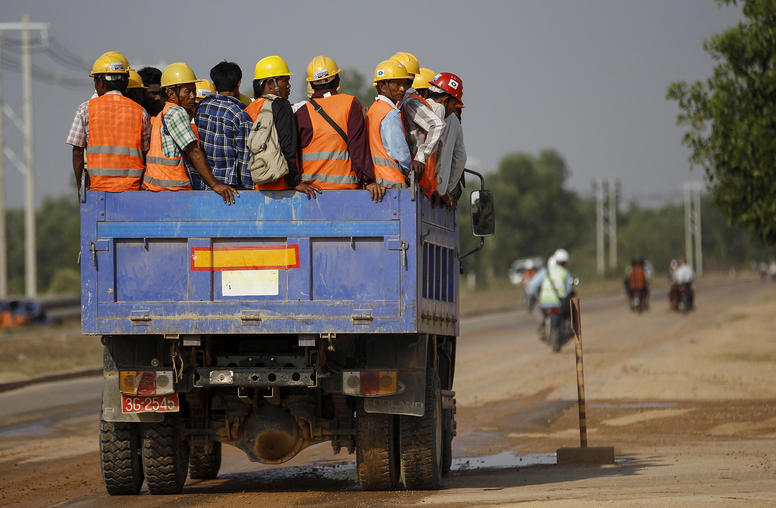
The Intersection of Investment and Conflict in Myanmar
Developing countries throughout Asia, Africa, and Latin America are grappling with how to deal with China's rising economic influence—particularly the multibillion-dollar development projects financed through China’s Belt and Road Initiative. Myanmar, however, appears to be approaching foreign investment proposals with considerable caution. This report examines the framework the country is developing to promote transparency and accountability and to reserve for itself the authority to weigh the economic, social, and environmental impacts of major projects proposed by international investors, including China.

Payton Knopf on What’s Ahead for the Horn of Africa in 2020
As Arab Gulf states and Turkey ramp up their competition for influence in the Horn of Africa, USIP’s Payton Knopf says the increased attention “has tended to exacerbate some of the internal tensions and political insecurities” in Ethiopia and Sudan—two states undergoing democratic transitions vital for regional stability.
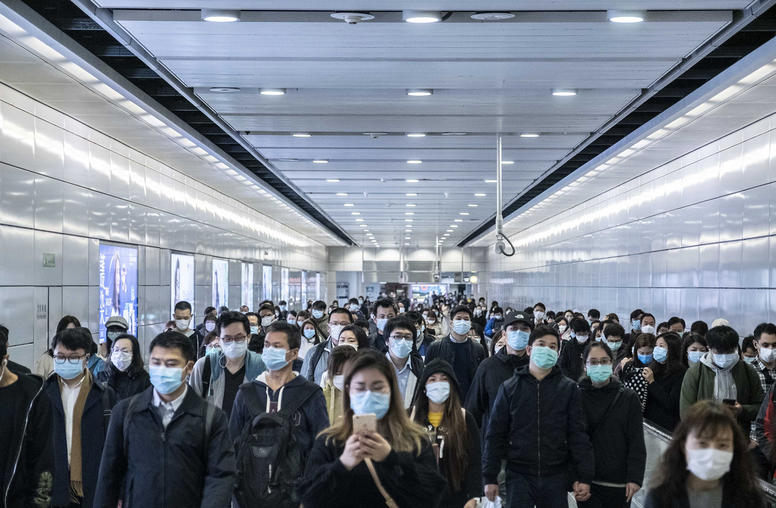
How the Coronavirus Impacts China and its Foreign Policy
China hit a grim landmark earlier this week when the death toll from the coronavirus outbreak surpassed 1,000 with over 40,000 recorded cases of infection—and those numbers are rising every day. The outbreak, which originated in Wuhan, China, has rattled global markets and catalyzed concern over a widespread epidemic beyond China’s borders. The suffering has been immense, and people in China and those with family or friends there are frightened about what’s next. Meanwhile, there are shortages of masks and supplies and hospitals are overrun, with rising anxiety due to travel restrictions and quarantine policies.
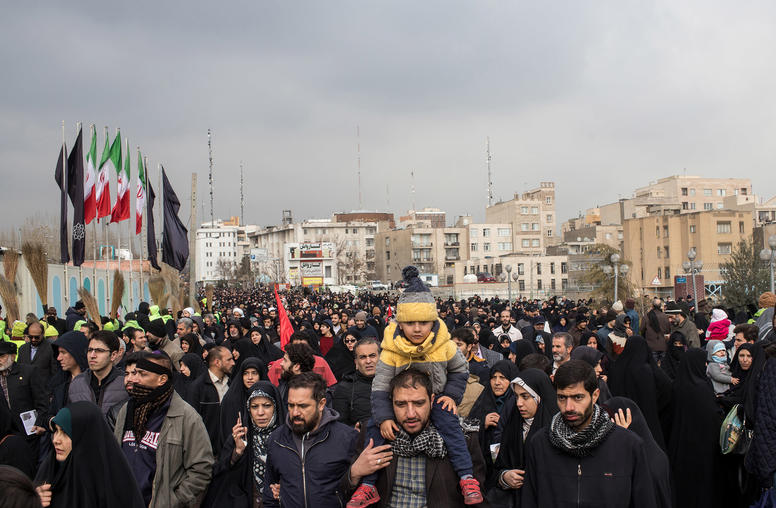
Iran’s Parliamentary Polls: Hardliners on the Rise, Reformists Ruled Out
Iranians head to the polls on February 21 to elect their next parliament. Following the violent suppression of protests in November and the accidental shooting down of a Ukrainian passenger plane in January, many are deeply disillusioned with Iran’s political system. Most reformist candidates have been barred from competing in the election, leaving voters with virtually no alternative to hardliners. The elections come as U.S.-Iran tensions are simmering after the killing of Iranian General Qassem Soleimani and as the country’s economy is foundering. USIP’S Garrett Nada looks at what issues are on the top of voters’ minds and how foreign policy will factor into the vote.
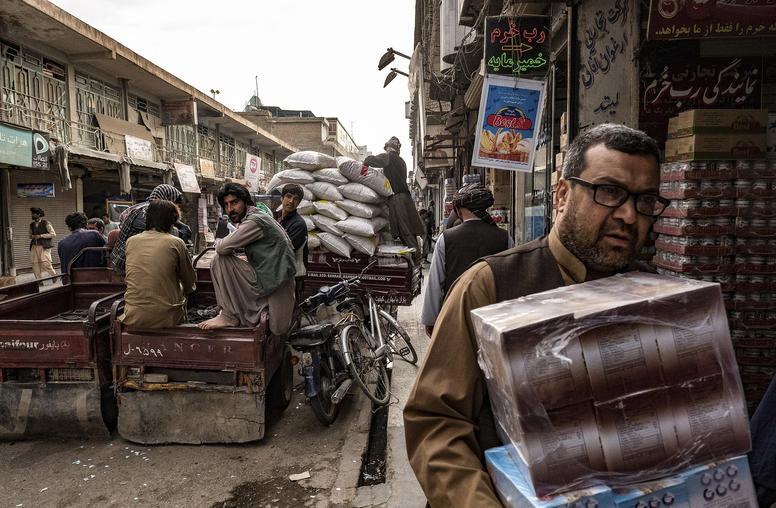
Will Rising U.S.-Iran Tensions Spark Afghan Proxy War?
Rising tensions between the United States and Iran—illustrated and exacerbated by the January 3 assassination of Iranian General Qassem Soleimani—are rippling out beyond the Middle East. Now, American officials are voicing growing concern about Iranian activities in Afghanistan. In recent weeks, Secretary of State Mike Pompeo said that Iran is supporting militant groups in the country and seeking to undermine the peace process between the U.S. and the Taliban. A top U.S. general for the region, meanwhile, warned that Iranian actions in Afghanistan pose a risk to the approximately 14,000 American troops deployed there.

Dr. Elie Abouaoun on the Situation in Syria
After direct military confrontations between the Assad regime and Turkey in Syria’s Idlib province, USIP’s Dr. Elie Abouaoun explains how the Turkish and Russian governments are trying to contain the fallout, saying “I do not think any party has an interest right now in provoking a full-blown escalation.”
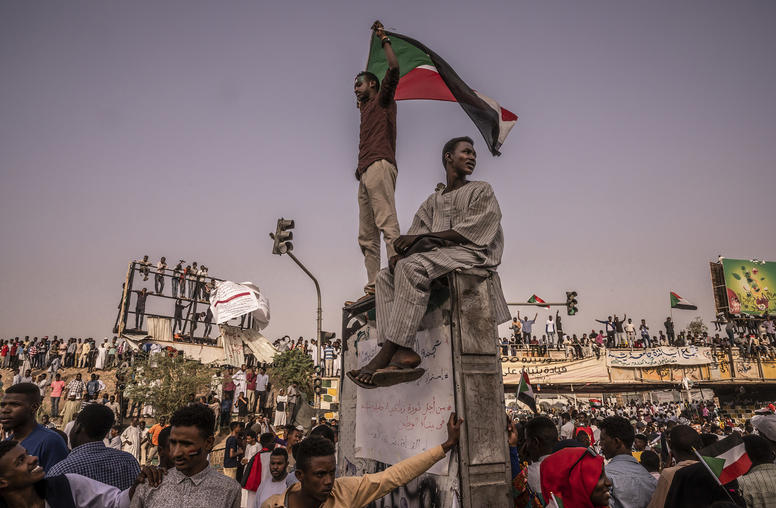
What Happens When Sudan is Removed from the U.S. Terror List?
Its been nearly a year since Sudan’s longtime dictator, Omar al-Bashir, was ousted from power. As the country moves to transition to democracy, its civilian government and Sudanese civil society have called on the U.S. government to remove Khartoum from the State Sponsors of Terrorism (SST) list. The Sentry’s Hillary Mossberg and John Prendergast recently argued that although delist-ing is an important for Sudan’s transition, it is just one of multiple steps needed—from both the U.S. and Sudan—in order for pro-democracy forces to achieve their goals. Mossberg and Prender-gast explain what the actual impact of delisting would be and what Sudan’s government can do to get there.